
4 Ways to Boost Soil Health on Horse Farms
Cultivating healthy soil in your horse’s pastures will help reduce weeds and improve pasture quality. These 4 tips can help you achieve healthy soil on your horse property.

Cultivating healthy soil in your horse’s pastures will help reduce weeds and improve pasture quality. These 4 tips can help you achieve healthy soil on your horse property.

For some horses, overingesting certain grasses can lead to laminitis. Learn more about managing these horses and their pastures.

Cultivating healthy pastures on your horse farm can help remove carbon dioxide from the atmosphere. Here’s how.

Learn what you can do to reduce the carbon footprint of your horse farm.

Learn about 10 common plants, chemicals, organisms, and toxins your horse should never eat.
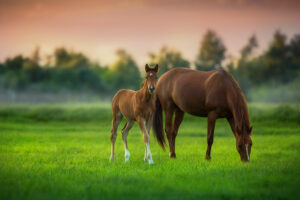
Discover why this common pasture grass is good for grazing but bad for broodmares.
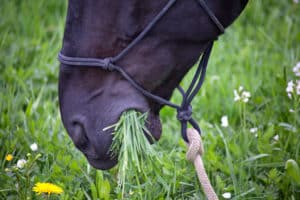
Abruptly putting a horse on pasture can lead to colic or laminitis. Here’s advice to help avoid health problems.
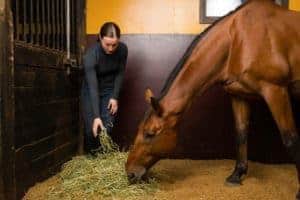
Find out how to design an affordable feeding program while still meeting your horse’s nutritional requirements.
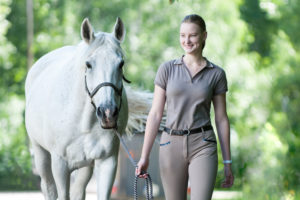
Here’s what owners can expect to pay when prioritizing their horses’ welfare. Learn more in this article from the Winter 2023 issue of The Horse.
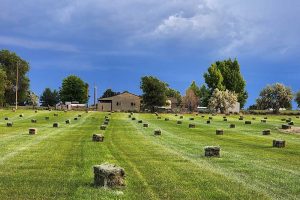
Moisture meters can help you determine when to bale and store your horses’ hay and can protect against barn or storage building fires.
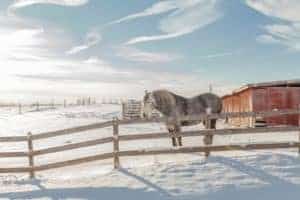
Don’t wait for the first snowflakes to prepare your horse property for the cold, dark, and wet months ahead.

Black cherry leaves are blowing into a horse pasture, and the owner is worried they will put her horses’ health at risk.

Is it okay for my horse to eat leaves that have fallen from trees in his pasture?

Signs your horse has eaten foxtail and how to mitigate it in your pastures.

Grazing horses at night can help keep them at a healthy weight and reduce their sugar intake.

Pasture maintenance is necessary for controlling weedy grass species that can be dangerous to horses.
Stay on top of the most recent Horse Health news with
© 2022 Copyright Statement dolor sit amet, consetetur sadipscing User Terms, sed diam nonumy eirmod tempor invidunt ut labore et dolore magna aliquyam erat, sed diam voluptua. At vero eos et accusam et justo duo dolores et ea rebum. Stet clita kasd gubergren, no sea takimata sanctus est Lorem ipsum dolor sit amet.
"*" indicates required fields